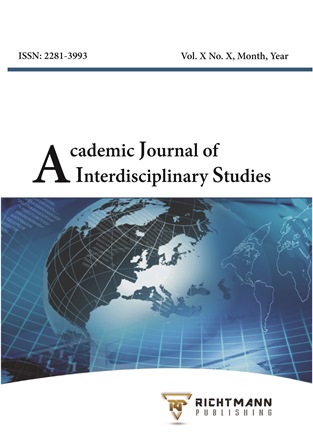An Exploration of Youth Political Disengagement in the City of Cape Town
DOI:
https://doi.org/10.36941/ajis-2022-0167Keywords:
COVID-19, local government elections, lower voter turnout, political disengagementAbstract
The Electoral Commission of SA shows that only over eight million out of more than 26.2-million registered voters voted in the 2021 local government elections. This is a cause for concern when this figure is compared with other elections, which amounted to a preliminary turnout of about 30.5% by Monday 01 November 2021 at 21h00. Thus, the lower voter turnout is arguably a true reflection of the citizens frustration with and distrust of politicians. This study aims to explore the socio-economic factors that contributed to young people’s apathy towards politics and discouraged them to engage in voting during COVID-19 and to suggest both short- and long-term solutions to address the youth political disengagement in South Africa. The qualitative approach was adopted in this study, followed by a convenient sample of 20 youths. Individual interviews was used to collect data. The collected data was anlysed through thematic analysis. The finding revealed that socio-economic factors such as nation-wide lockdown COVID-19 restrictions, youth unemployment, electoral system, poverty prevented young people from participating to political engagement. Accordingly, this study recommends for multifaceted electoral reforms in South Africa that will give voters the power to hold elected representatives accountable and provide clear details of who should hold a representative office.
Received: 2 July 2022 / Accepted: 11 October 2022 / Published: 5 November 2022
Downloads
Downloads
Published
Issue
Section
License

This work is licensed under a Creative Commons Attribution-NonCommercial 4.0 International License.
This work is licensed under a Creative Commons Attribution-NonCommercial 4.0 International License.








